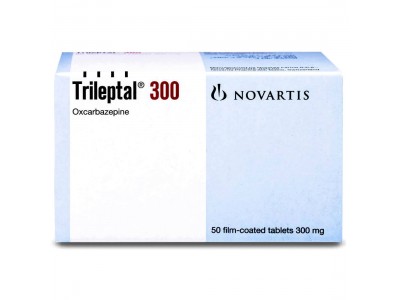Trileptal (oxcarbazepine) generally does not require routine blood tests for monitoring its therapeutic effects or potential side effects, unlike some other anticonvulsant medications such as carbamazepine (which is chemically related to oxcarbazepine) or valproic acid.
However, there are certain circumstances where blood tests may be considered:
Monitoring Blood Sodium Levels: Trileptal can occasionally lower sodium levels in the blood (hyponatremia), especially in elderly patients or those taking diuretics. If symptoms such as nausea, headache, confusion, or seizures occur, blood sodium levels may need to be checked.
Special Populations: Patients with certain medical conditions (e.g., kidney disease) or those taking medications that can interact with Trileptal may require periodic blood tests to monitor overall health and ensure the medication is being well-tolerated.
Individualized Monitoring: Some healthcare providers may opt to monitor liver function tests or other blood parameters periodically, although this is not typically required for all patients taking Trileptal.
Overall, the decision to perform blood tests while taking Trileptal depends on individual factors, including medical history, concurrent medications, and any symptoms that may arise during treatment. It's essential for patients to follow their healthcare provider's guidance regarding monitoring and to report any new symptoms or concerns promptly. This allows for personalized care and ensures that Trileptal is used safely and effectively.

